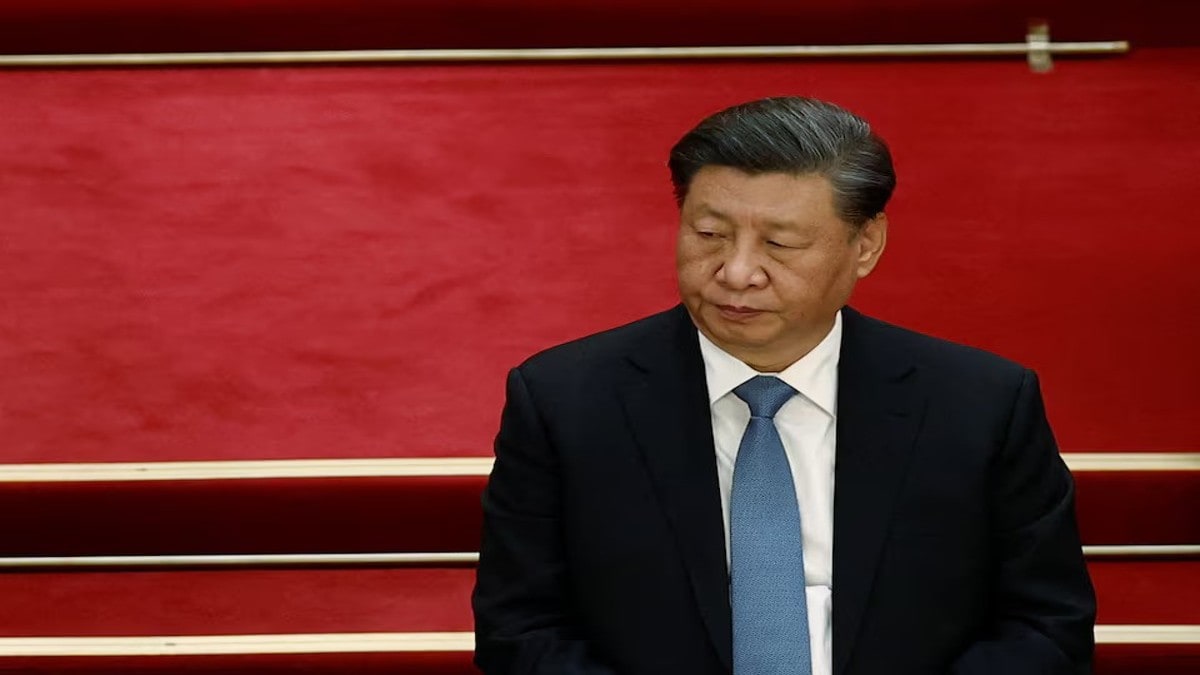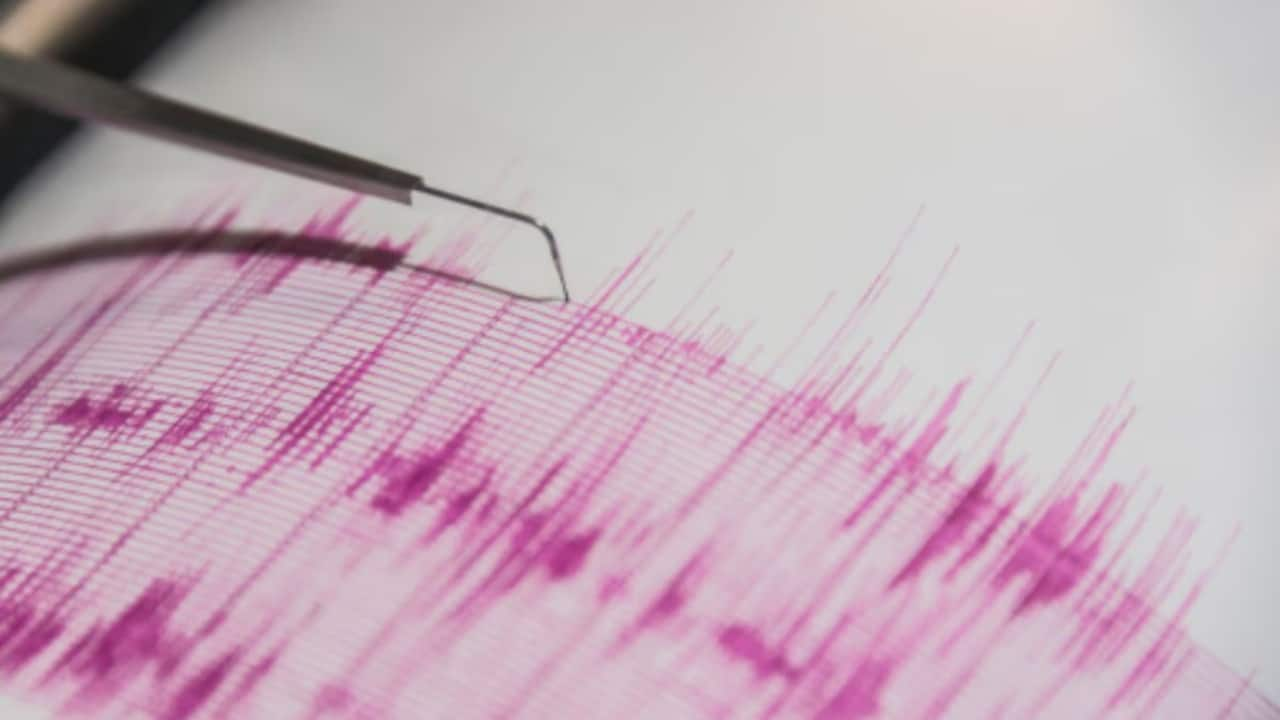Recent revelations from the US Office of the Director of National Intelligence (ODNI) have exposed the pervasive corruption within the Chinese Communist Party (CCP), highlighting a troubling reality that undermines the legitimacy of the regime led by President Xi Jinping. The report, titled “Wealth and Corrupt Activities of the Leadership of the Chinese Communist Party”, indicates that up to 65 per cent of government officials in China engage in bribery or graft, despite Xi’s decade-long anti-corruption campaign. According to the ODNI’s report, since taking office in 2012, Xi Jinping has launched an extensive anti-corruption campaign aimed at rooting out corruption at all levels of government.
This initiative has resulted in nearly five million officials being investigated and found guilty of various corrupt activities. However, the report suggests that this campaign may serve more as a tool for consolidating power rather than genuinely addressing corruption. It emphasises political discipline and ideological purity, often targeting rivals rather than eradicating systemic corruption.

Corruption is not merely an issue of individual misconduct but is deeply embedded within the structure of the CCP. The centralised power dynamics, lack of independent oversight, and limited transparency create an environment ripe for corrupt practices. Despite Xi’s promises to eliminate corruption, evidence suggests that his family has amassed significant wealth, with estimates indicating over $1 billion in assets linked to relatives.
The Role of High-Level Officials: High-ranking officials within the CCP are not immune to corruption allegations. In 2023, China removed General Li Shangfu, then-Minister of National Defence, investigating both Li and his predecessor after arresting the commander of the People’s Liberation Army Rocket Force (PLARF) and at least nine other current or former PLARF personnel. In 2024, Beijing launched an investigation of Admiral Miao Hua, then-director of the Central Military Commission’s Political Work Department and in charge of political loyalty within China’s armed forces.
Both Li and Miao were accused of party discipline violations, and both were considered proteges of Xi, demonstrating the seriousness of the CCP’s concerns regarding loyalty and effectiveness, particularly within the PLA and the scope of the regime’s approach to corruption. Corruption within the People’s Liberation Army (PLA) has been particularly alarming, with reports indicating a “culture of pay-for-promotion” that persists despite anti-corruption efforts. Xi’s focus on military corruption underscores his concerns about maintaining a capable and loyal armed force, especially as tensions rise over Taiwan.
Systemic Issues and Lack of Accountability The systemic nature of corruption in China is further exacerbated by a lack of independent checks on public officials. The Central Commission for Discipline Inspection (CCDI), tasked with enforcing anti-corruption measures, operates under the CCP’s direct control, limiting its effectiveness. This absence of external oversight allows for arbitrary investigations and reinforces a culture where corrupt practices can flourish without fear of repercussions.
Moreover, membership in elite organisations like the National People’s Congress (NPC) often requires substantial bribes, creating perverse incentives for officials to engage in corrupt activities. The report highlights how these structural features foster an environment where bribery can significantly enhance an official’s income, sometimes by four to six times their legal earnings. Implications for Governance and Stability The implications of rampant corruption extend beyond individual misconduct; they threaten the very stability of the CCP regime.
As public trust erodes due to widespread perceptions of corruption, the legitimacy of the government is increasingly called into question. The ODNI report suggests that Xi’s anti-corruption campaign has failed to address these underlying issues, instead reinforcing a narrative that prioritises party loyalty over genuine reform. In response to these challenges, Xi’s administration has tightened information controls and increased censorship to suppress dissenting voices and limit public discourse on corruption.
This strategy not only stifles transparency but also hinders efforts to hold officials accountable for their actions. The findings presented in the ODNI report reveal a troubling reality within the Chinese Communist Party, one characterised by endemic corruption that undermines governance and threatens stability. As Xi Jinping continues his anti-corruption campaign, it is crucial for both domestic and international observers to demand greater transparency and accountability from China’s leadership.
Addressing systemic corruption requires not only targeted investigations but also fundamental reforms that promote independent oversight and strengthen checks on power. Without such changes, China’s political landscape will remain vulnerable to the corrosive effects of corruption, ultimately jeopardising its long-term stability and legitimacy on the global stage. As the world watches closely, it is imperative that China confronts these challenges head-on rather than allowing them to fester beneath a facade of control.
The author is a PhD scholar at Central University of Gujarat, researching China’s domestic and foreign policies. Views expressed in the above piece are personal and solely those of the author. They do not necessarily reflect Firstpost’s views.
.
Politics

China: How corruption has become endemic to Xi’s red aristocracy

The US Office of the Director of National Intelligence's report suggests that President Xi's anti-corruption campaign reinforces a narrative that prioritises party loyalty over genuine reform















